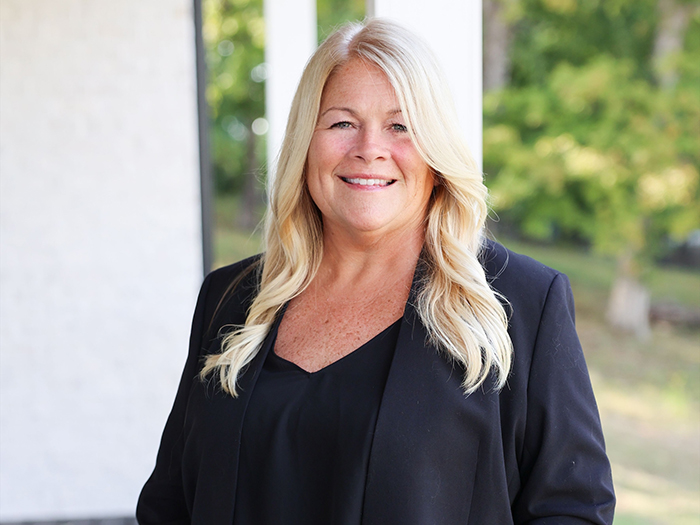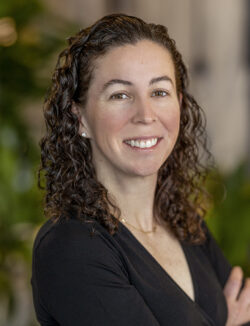The State of the States
State Workers’ Comp News

Florida
WCRI Report Shows Increase In Hospital Claims Per Inpatient Episode
An unusually high number of severe injuries combined with the economic recovery may be to blame for an increase in average hospital claims per inpatient episode. The findings are included in a report looking at workers’ comp injuries from 2005-11.
The Workers Compensation Research Institute’s latest CompScope Medical Benchmarks compares medical payments per claim among 16 states. Florida’s 31 percent increase in hospital inpatient payments per episode in 2011 followed average 4 percent increases from 2005 to 2010.
“There were more cases with burns, severe fractures like fracture of base of skull and vertebral column of spinal cord, as well as fractures on multiple body parts in 2011,” the report says. “Also, there were more cases with inflammation and other complications of procedures in that year.”
A change in the mix of industry may also have contributed to the increase. “We observed an increase in claims from the construction industry that received inpatient care in 2011, and some system participants suggested that this could be related to the economic recovery in the state.”
Outpatient payments per services rose 11 percent per year between 2005 and 2011. However, the higher payments were offset by lower services per claim, resulting in typical hospital outpatient payments per claim.
The overall growth in medical payments per claim moderated after 2008. The authors say that was a result of increases in hospital payments that were counterbalanced by other components of medical payments, especially prices and use of nonhospital services, which remained stable.
“For claims with more than seven days of lost time at an average 12 months of experience, the average medical payment per claim in Florida increased about 2 percent per year from 2008/09 to 2011/12, a more moderate growth rate compared with the 6 percent per year after 2004/05,” the report says. “Similar trends were observed for more mature claims as well.”
Fee schedule reforms led to a one-time stabilization of average medical payments per claim in 2004 with prices for professional services increasing and average prices for outpatient hospital services decreasing. Prior to the fee schedule reforms, average annual increases in Florida’s medical payments per claim were about 10 percent.
Delaware
Rate Issue Settled
The proposed 41 percent increase in the worker’s comp voluntary market has been cut down a bit. Instead, rates will increase by 14 percent with an 11.4 percent increase in the residual market.
The decision followed several public hearings and months of discussions among officials with the Delaware Insurance Department, the Ratepayer Advocate, and the Delaware Compensation Rating Bureau. The increases are retroactive to Dec. 1.
“While three different actuaries have all concluded that an increase is indicated, I must weigh more than actuarial considerations in making my decision,” said Delaware Insurance Commissioner Karen Weldin Stewart. “The difficulties seen by Delaware employers as emphasized during the three public information sessions, the need for our economy to grow, and the rising costs faced by insurers must all be included in my final decision.”
Stewart said the lower increases “reflect a more appropriate balance in the cost of insurance premiums compared to the cost of the system.”
Task Force Turns to NCCI For Insight on Cost Drivers
With the most recent rate filing now behind them, a task force is taking a close look at its workers’ comp rating organization. The panel voted to contact NCCI as it seeks answers about cost drivers in the system.
Delaware’s insurance commissioner recently approved a double-digit increase in rates for the year. The 14 percent rate hike was substantially lower than the initially proposed increase of more than 40 percent and followed the previous year’s double-digit rate hike.
The Workers’ Compensation Task Force was created by state statute last year to address premium rate hikes of nearly 26 percent in the prior two years. It is required to have a report with recommendations ready by May.
During a recent meeting, task force members expressed frustration with the Delaware Compensation Rating Bureau and agreed to meet with NCCI. The panel also recently heard a presentation from the Workers Compensation Research Institute.
While the DCRB submits rate filings in Delaware, NCCI serves as the rate filing body for 42 jurisdictions. Task force members suggested there may be no difference between the information provided by the two rating agencies, but the panel agreed to at least hear from the larger, Florida-based organization.
California
Lawmaker Takes Paid Leave as Probe Into WC Fraud Case Continues
The California legislator at the center of one of the state’s largest workers’ comp fraud cases has agreed to step down for a while. The move by state Sen. Ron Calderon also reduces the super-majority Democrats have held in that chamber.
Calderon will continue to receive his $95,000 annual salary as he fights federal political corruption charges. However, he reportedly will not be eligible for the $163-a-day per diem payments available to lawmakers.
Calderon has pleaded not guilty to charges he took bribes from a former hospital owner for allegedly helping to keep alive a law at the center of the scheme. Authorities say the spinal pass-through law allowed hospitals to pass on to workers’ comp insurers the full cost of medical devices used during spinal surgeries. The former hospital owner, Michael D. Drobot, has admitted he paid bribes, according to authorities.
After his indictment on the federal charges, Calderon was asked by Sen. President Pro Tem Darrell Steinberg to resign. Steinberg noted that Calderon had already been stripped of his committee chairmanship and assignments and said at a minimum he should take a “complete leave of absence until the criminal proceedings are finished.” Otherwise, Steinberg said the Senate would seek to suspend him.
“This is not a resignation since I still have my day in court,” Calderon said in a statement. “However, due to the nature and complexity of the charges, and the discovery materials that I will have to review, I expect this to be a lengthy period of absence continuing until the end of the session in August.”
Nonprofit Executive Named to Head State Fund Board
The State Compensation Insurance Fund’s board of directors has a new chair. Sheryl Chalupa has been named to the post by Gov. Brown.
Chalupa takes over from Larry Mulryan, who was chair for the past three years. Mulryan will continue as a member of the board and chair of the Governance Committee.
Chalupa was appointed to the board in 2007 and reappointed earlier this year. She has been president and CEO of Goodwill Industries of South Central California since 2001 and previously served as executive director of the Girls Scouts-Joshua Tree Council.
“I am honored to serve as chair and appreciate the confidence Governor Brown has demonstrated in me and this organization,” Chalupa said in a statement on the organization’s website. “State Fund’s Board is focused on building a competitive company with a resourceful, creative workforce that provides fair prices and excellent service, creates stability in the market, and delivers significant value to California employers and injured workers.”
State Fund insures more than 130,000 California businesses, according to its website. It wrote more than $1.1 billion in premiums last year and is among the nation’s top workers’ comp insurers.











